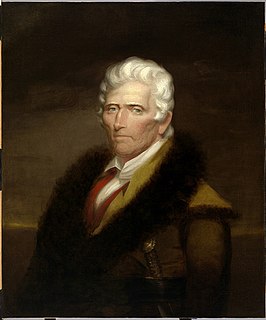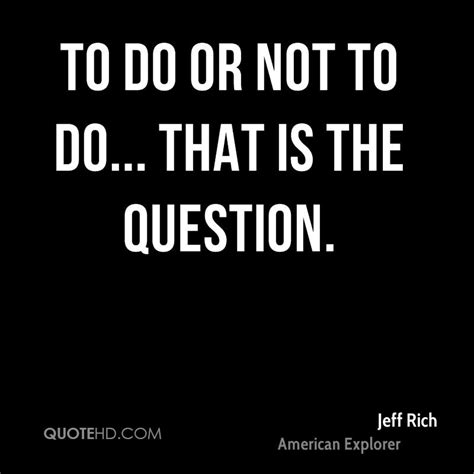Top 114 Quotes & Sayings by Reinhold Messner
Explore popular quotes and sayings by an Italian explorer Reinhold Messner.
Last updated on April 14, 2025.
There are three elements of mountaineering - difficulty, danger, and exposure. Difficulty is the technical aspect of it. Danger, it is best to avoid, but some people like to increase danger to a point where their success is dependent only on luck. And exposure, which is what truly defines Alpinism, is what you face in wild nature.
My father blamed me for my brother Gunther's death, for not bringing him home. He died in an avalanche as we descended from the summit of Nanga Parbat, one of the 14 peaks over 8,000m, in 1970. Gunther and I did so much together. It was difficult for my father to understand what it was like up there.
Adventure has to do with private, personal experiences. But, the possibilities, there are millions of unclimbed mountains - I have seen in the Eastern part of Tibet, mountains 6,000-6,500 meters high, vertical walls twice as tall as the Eiger... but nobody is going there, because they aren't 8,000-meter peaks.
























